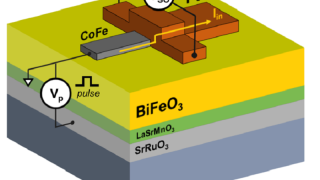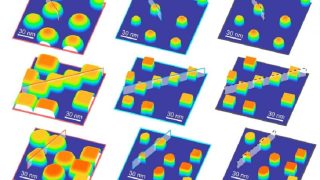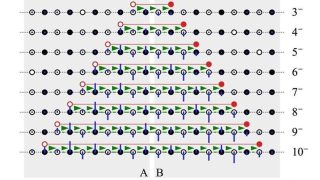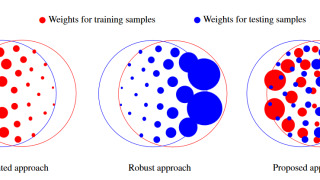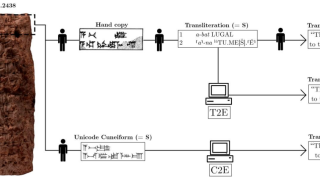
Status of mooring systems for floating turbines using autoencoders
Computer science • Energy • Mathematics • Mechanical Engineering
Floating offshore wind (FOW) is one of the most rapidly growing forms of green power. As of 2021 though, there were only 113 MW in operation in Europe, although this figure is predicted to triple by the end of 2024, and escalate up to 10 GW by 2030 and 150 GW by 2050. The current […]
